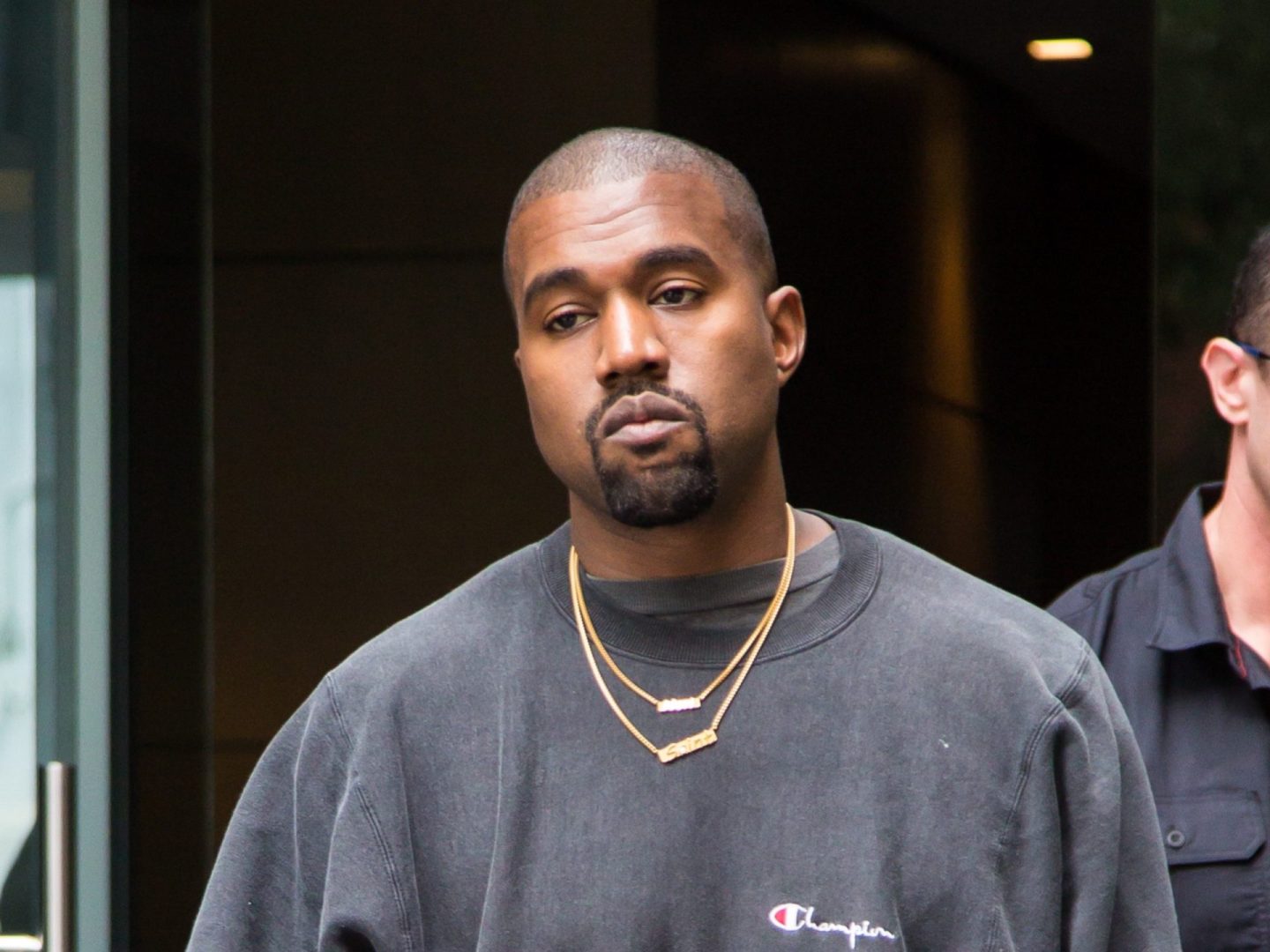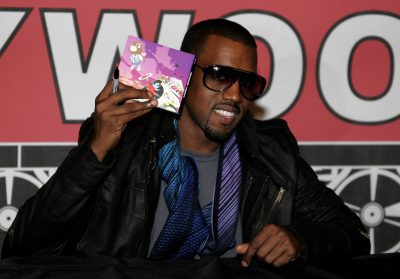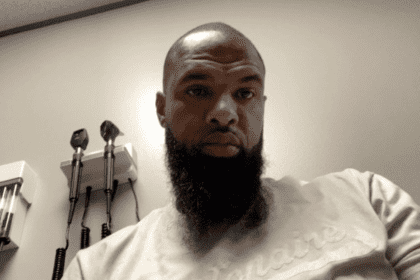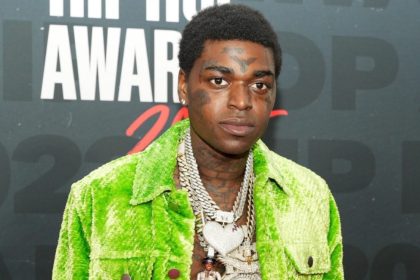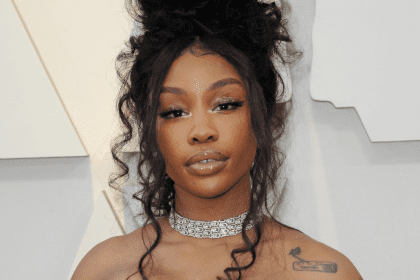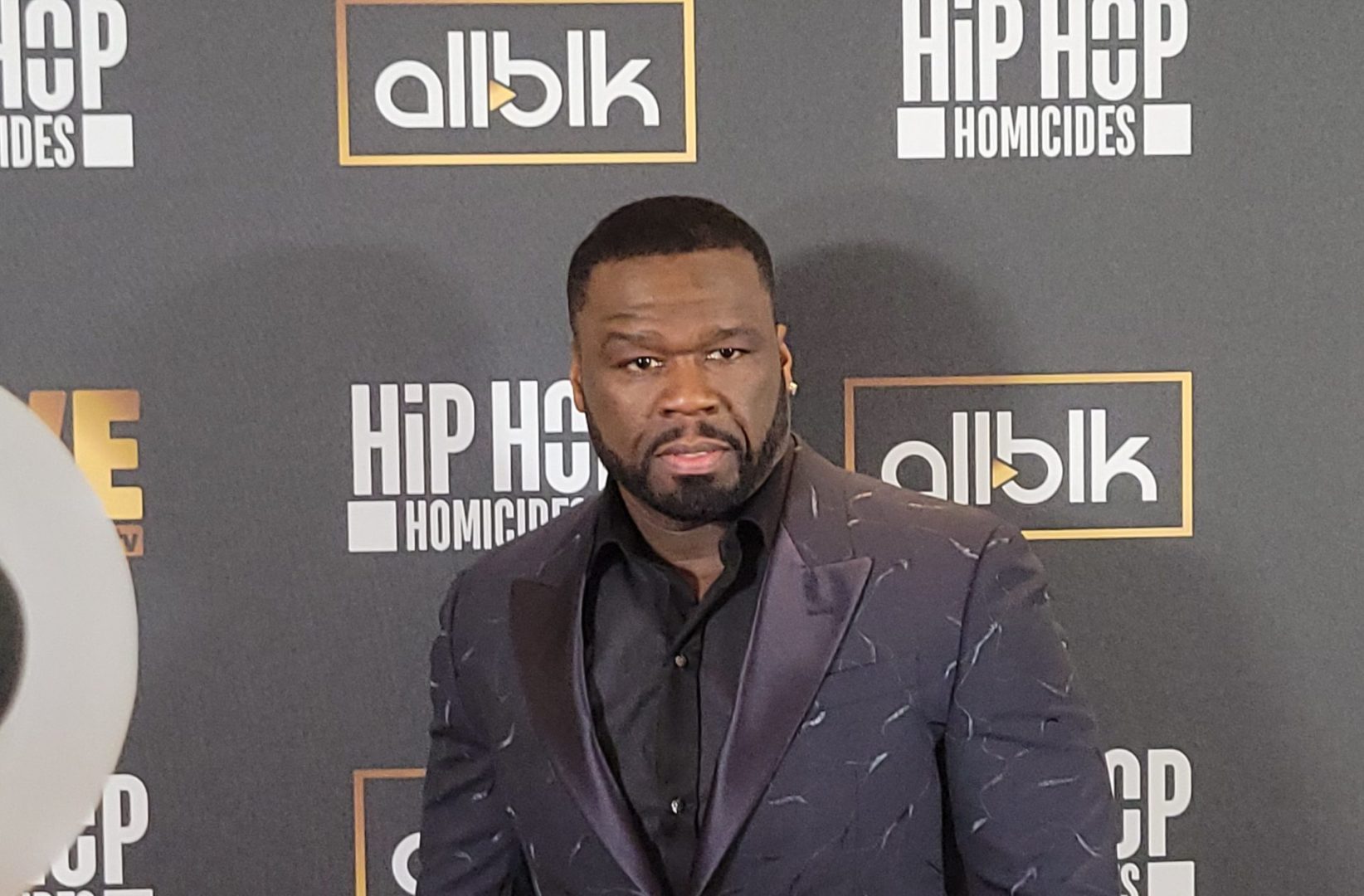Kanye West, now known as Ye, has initiated a fresh wave of confrontation with sportswear giant Adidas, marking a significant turn in their post-settlement relationship. Despite reaching a legal resolution with the company, the multi-hyphenate creator took to Instagram on January 7, 2025, to voice deep-seated grievances that extend beyond their previous disputes. This development signals a complex new chapter in the ongoing saga between the artist and the corporate entity that once helped build his footwear empire.
The timing of West’s public statement comes at a crucial moment in the fashion industry’s evolution, where the balance of power between individual creators and corporations continues to shift. His bold stance against one of the world’s largest sportswear manufacturers highlights the growing tension between creative autonomy and corporate control in the modern fashion landscape.
Corporate power dynamics of Ye vs. Adidas
In the competitive landscape of fashion and sportswear, the relationship between creative visionaries and established corporations often treads a delicate balance. The Yeezy creator’s accusations against Adidas regarding search engine manipulation and account freezing underscore the broader industry challenge of maintaining creative independence while navigating corporate partnerships. The tension between artistic freedom and corporate control becomes increasingly evident as West details his experiences with the sportswear giant.
The alleged manipulation of digital presence and financial resources by Adidas represents a broader industry concern about corporate control mechanisms. This situation raises important questions about the power dynamics between individual creators and large corporations in the digital age, where online visibility and brand recognition play crucial roles in commercial success.
Innovation and ownership
The crux of West‘s grievances centers on allegations of design appropriation and systematic oppression, issues he maintains predate his controversial public statements. His experience illuminates a recurring theme in the fashion industry where the line between inspiration and appropriation often blurs. The fashion mogul’s assertion of generating $100 million through the Yeezy website within a six-month period in 2024 serves as a testament to his brand’s independent strength and market appeal.
The success of the independent Yeezy platform demonstrates the potential for established creators to break free from traditional corporate partnerships while maintaining commercial viability. This achievement challenges conventional wisdom about the necessity of major corporate backing for success in the luxury sportswear market.
Industry relationships and loyalty
The involvement of Fear of God founder Jerry Lorenzo adds another layer to this complex narrative. West’s characterization of Lorenzo’s alignment with Adidas as an act of disloyalty highlights the intricate web of relationships within the fashion industry. This situation exemplifies how business decisions can strain long-standing professional relationships and reshape industry alliances.
The deterioration of the West-Lorenzo relationship reflects broader industry dynamics where personal loyalties often clash with business opportunities. Their situation serves as a cautionary tale about the complexities of maintaining friendships while navigating competitive business landscapes.
Corporate resolution and aftermath
The recent developments follow a significant legal settlement between West and Adidas, announced by CEO Bjorn Gulden. Despite this formal resolution, which notably involved no monetary exchange, the underlying tensions persist. The ongoing public discourse surrounding this situation reveals how legal settlements may resolve contractual disputes but often fail to address deeper philosophical and creative differences.
The aftermath of the settlement demonstrates the challenges of maintaining clear boundaries and mutual respect in post-partnership scenarios. The continued friction between West and Adidas illustrates how the resolution of legal matters doesn’t necessarily lead to the resolution of fundamental disagreements about creative control and brand direction.
Future implications
As West continues to chart an independent course for his Yeezy brand, his experience offers valuable insights into the evolving dynamics between creative entrepreneurs and established corporations. His ability to maintain substantial revenue streams independently challenges traditional assumptions about the necessity of corporate partnerships for success in the fashion industry.
The relationship between artists and corporations remains a critical point of discussion within the fashion industry, particularly as creators increasingly seek to maintain control over their creative vision and business operations. West’s situation serves as a case study in the ongoing evolution of artist-corporate relationships and the potential for independent success in the modern fashion landscape.
This conflict may ultimately reshape how future collaborations between individual creators and major corporations are structured, potentially leading to more equitable partnerships that better protect creative independence while maintaining mutually beneficial business relationships.

